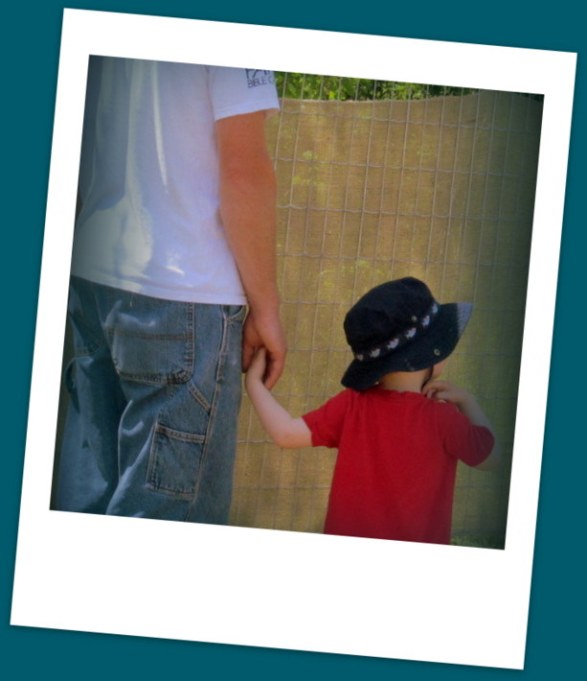
In the quiet of a Nazareth night, while her family slumbered around her, Mary lay awake, pondering what the angel had told her. She turned the words over and over in her mind, in no doubt of their meaning yet filled with wonder and even fear, at what was in store for her life. The Son of the Most High. Of all the mysteries the angel portended, this was the treasure she held closest to her heart. The Messiah, her child. She hugged her knees and smiled in the dark.
She cherished the secret alone until her cousin, Elizabeth, felt her own unborn child leap in her womb at the sound of Mary’s voice. Filled with God’s Spirit, Elizabeth spoke forth the truth of the holy one to be born of the pure young woman before her. Mary’s inner meditations became a song magnifying the Mighty One who had done great things for her.
On the night she gave birth in Bethlehem, a humble band of shepherds came to the stable to see the child. Their faces shone from witnessing the glory of heaven proclaim who this child was and what he had come to do. When Mary heard their story she treasured up all that they said, holding it close within herself.
As he grew, she stored up in her heart other events in the life of her unique son, knowing intuitively there was significance in each one. She was a simple country woman, yet she had been taught about the Messiah, a savior of his people, never imagining how his coming would impact her personally. Simeon’s words the day her child was presented at the temple and given the name of Jesus, and the visit of the Magi from the east, bearing treasure for a king; no detail of these occurrences escaped her keen observation. She absorbed them into her soul where they grew more precious with each remembrance.
Every Advent season brings us an opportunity to treasure up all these things and ponder them in our heart, just as Mary did. The scriptural narration of the coming of Christ is a beautiful, mysterious story, full of details and revelations never to be fully fathomed. Each facet sheds a glorious light on the treasure at the center, Emmanuel, God with us.
At a time of year when there are numerous distractions, it can be difficult to find quiet moments for our mind and heart to dwell on the Incarnation, to soak in the wonder of mighty God becoming a mere infant, to remember the purpose which compelled Him. But it is a worthy quest to seek after the riches found in all the Christ child brought to us at His coming. Like Mary, ponder them in your heart and the treasure who is Christ will flood it with His love.
“I want them to have complete confidence that they understand God’s mysterious plan, which is Christ Himself. In Him lie hidden all the treasures of wisdom and knowledge.”
~ Col. 2:2-3 New Living Translation ~



![DSCF1037[1]-001](https://scriptordeus.files.wordpress.com/2015/12/dscf10371-001.jpg)





